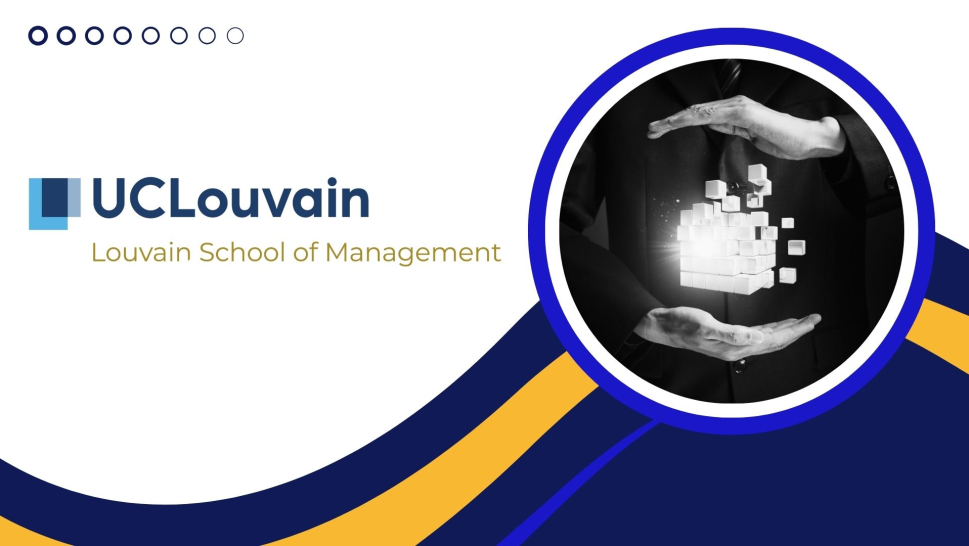Framed by a livestreamed session, the event examined what three decades of work mean for organisations seeking fair, plural and sustainable outcomes, an agenda that increasingly reshapes how businesses design, govern and finance their models.
Two talks set the scene around place and practice. First, insights from urban real-world labs showed how co-evaluation, done with residents, city actors and researchers, can assess outcomes beyond narrow KPIs by tracing structure–agency dynamics (e.g., norms, resources, and shared meanings) that enable or block transformation. For firms, that translates into testing offerings in living labs with communities and measuring social learning and capacity-building, not just adoption rates.
Second, grappling with contradictions in place-based transformations, conflicting priorities, uneven benefits, and governance frictions was treated as a productive feature rather than a bug, urging organisations to work with plural viewpoints and design for context, not one-size-fits-all “solutions.”
A third strand centred on experiential knowledge: patient and user groups generate situated expertise that can rival formal evidence in steering innovation, care delivery and accountability. Bringing these voices upstream makes products and services more legitimate and robust, especially where harms and benefits are distributed unevenly.
Finally, tensions between digital transformation and environmental sustainability cautioned against “digital solutionism”: cloud, AI and data-intensive systems carry material footprints and rebound effects that must be governed alongside promised efficiencies, aligning with the EU’s “twin transition” discourse yet refusing to treat “digital” as automatically “green.”
Actionable takeaways for sustainable business models:
- Embed co-evaluation into your operating cadence (e.g., quarterly reviews that track community capacity, inclusion and governance quality alongside financials)
- Build place-based pilots with shared charters and resourced community partners; formalise user/patient advisory boards and “evidence-based activism” channels to co-define problems and success metrics
- Treat contradictions as signals to diversify value propositions (modular offerings, portfolio bets) rather than to force consensus
- Set digital guardrails (IT carbon budgets, data minimisation by design, lifecycle stewardship for hardware, rebound checks on efficiency gains)
- Link incentives to justice and pluralism outcomes (supplier equity, accessibility, local spillovers) so revenue and impact reinforce each other over time.
LIVE STREAM SESSION
See the live-streamed session and if you want to be part of this year's round of the conference in November ’25 the information can be accessed here




